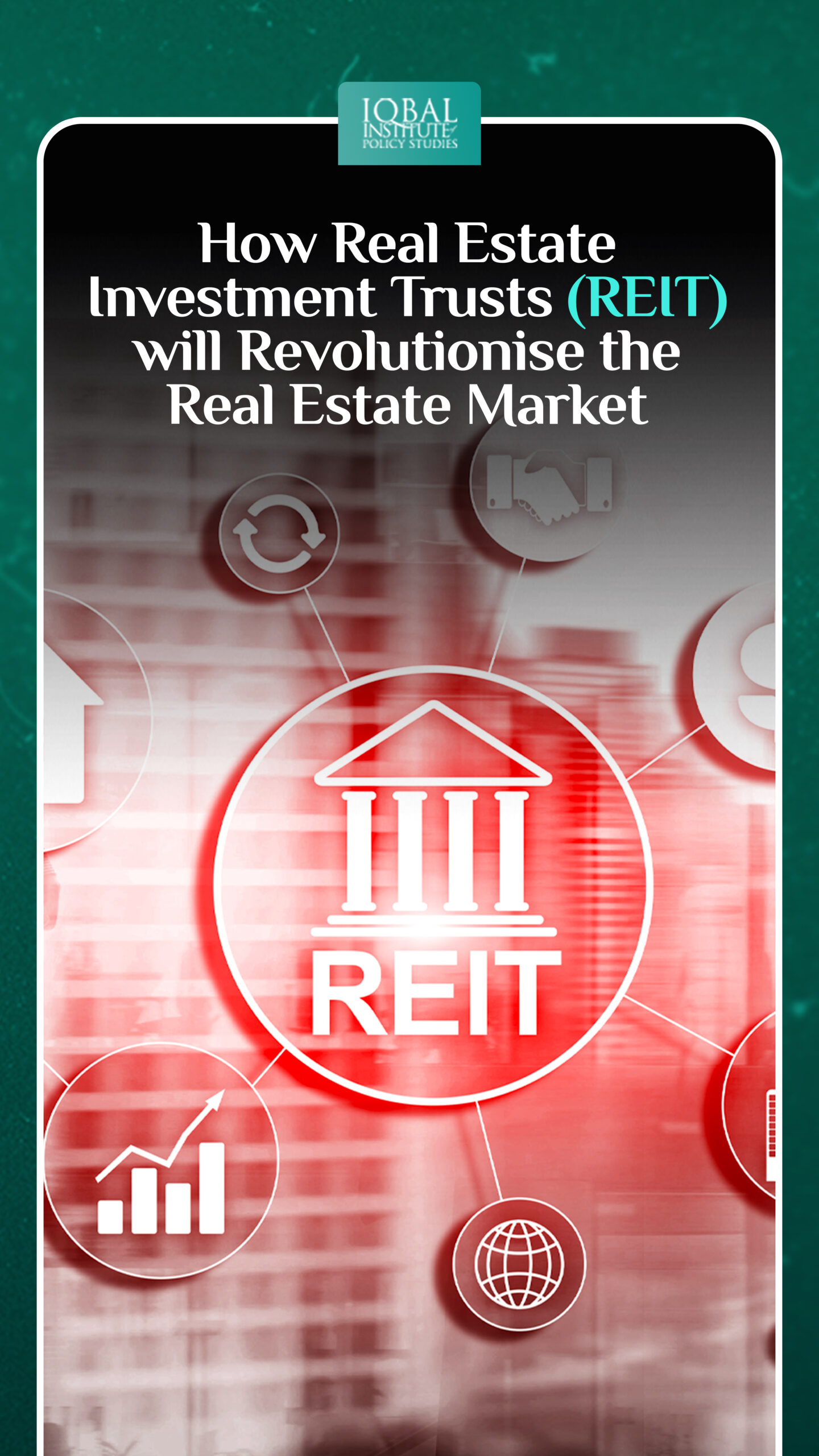Knowing the attributes and worth of an asset is a competence that several people lack. This skill is recurrently the crucial component of financial well-being. REITs, known as Real Estate Investment Trusts, are comparable to mutual funds and are among the most misconstrued types of investments. Historically, real estate practitioners referred to REITs as “stock”, and stock traders and investors referred to them as “real estate”. As a resulting misunderstanding, REITs did not innately fit into the portfolio diversification of investors. However, nowadays, there has been a fundamental change in the perceived notion of REITs, with a stronger emphasis on not only the common man but also on retirement funds, insurance companies, and so on.
REITs
A REIT is a company or organisation that owns and manages income-generating real estate, such as apartments, shopping centres, offices, hotels, and warehouses. A few REITs even provide real estate financial assistance. Numerous REITs’ shares are sold on the open market, typically on a significant stock exchange. To be categorised as a REIT, a corporation must allocate at least 90% of its revenue annually to its equity investors. A REIT-eligible company may withhold dividends paid to its stockholders from its corporate income taxes. As a necessary consequence, the vast majority of REITs remit at least 100% of their taxable income to their shareholders and thus pay no corporate income tax. Shareholders pay taxes on dividends received as well as capital gains. Most states recognise this constitutional intervention and do not impose state income taxes on REITs. A REIT, like other businesses, however, unlike partnerships, cannot transfer any capital losses to its investors.
Ways REITs are Transforming the Real Estate Market
Real Estate Investment Trusts (REITs) have positively impacted the real estate market and continue to revolutionise it in several ways. Here are some key ways in which REITs are transforming the real estate industry:
Accessibility and Liquidity
REITs allow investors to invest in real estate without purchasing and managing properties directly. This increased accessibility attracts a wider range of investors, like individual investors who may not have had the resources or expertise to invest in real estate. Additionally, unlike traditional real estate investments, REITs are traded on stock exchanges, providing investors with liquidity and the potential to buy and sell shares easily.
Diversification
REITs offer diversification benefits to investors by pooling funds from multiple investors and investing in a portfolio of properties across different sectors (e.g., residential, commercial, industrial) and geographic locations. This diversification helps mitigate risk, reducing investors’ reliance on the performance of a single property. It also assists investors in gaining exposure to various real estate markets and sectors with different cycles and growth potentials.
Income Generation
REITs are required by law to distribute a significant portion of their taxable income to shareholders as dividends. This income generation potential makes REITs attractive, especially for income-focused investors such as retirees or those seeking consistent cash flow. Reliable dividend payments from REITs can provide a steady income stream.
Professional Management
REITs are managed by experienced teams with expertise in real estate acquisition, development, and management. These teams are responsible for identifying investment opportunities, acquiring properties, handling property management, and optimising investor returns. By entrusting management responsibilities to professionals, individual investors can get an advantage from the knowledge and experience of these teams without needing to be involved in day-to-day operations.
Market Transparency and Regulation
REITs are subject to specific regulatory requirements and reporting standards, which promote transparency and accountability. This transparency gives investors access to detailed financial information, property portfolios, and performance metrics, enabling them to make informed investment decisions. Additionally, regulatory oversight helps ensure that REITs adhere to certain standards, reducing the likelihood of fraudulent practices and enhancing investor confidence.
Capital Inflow and Development
REITs have become a significant source of capital for the real estate market. By attracting investment from a broad range of investors, including institutional investors and pension funds, REITs have the potential to infuse substantial funds into the industry. This capital can be used for property acquisitions, development projects, renovations, and other real estate activities, contributing to economic growth and development.
Innovation and Technological Advancements
As the real estate industry evolves, REITs are at the forefront of adopting new technologies and innovative approaches. For example, REITs increasingly incorporate smart building technologies, sustainability measures, and data analytics to optimise property operations, enhance energy efficiency, and improve tenant experiences. This focus on innovation benefits the properties held by REITs and drives advancements in the broader real estate market.
Conclusion
Overall, REITs are revolutionising the real estate market by democratising access to real estate investments, providing diversification, generating income, promoting transparency, attracting capital, and fostering innovation. As these trends continue, REITs will likely play an increasingly influential role in transforming the future of real estate investment and development.
This article is written by Radma Nouman. Radma is a Research Analyst at the Iqbal Institute of Policy Studies (IIPS).



Leave a Reply